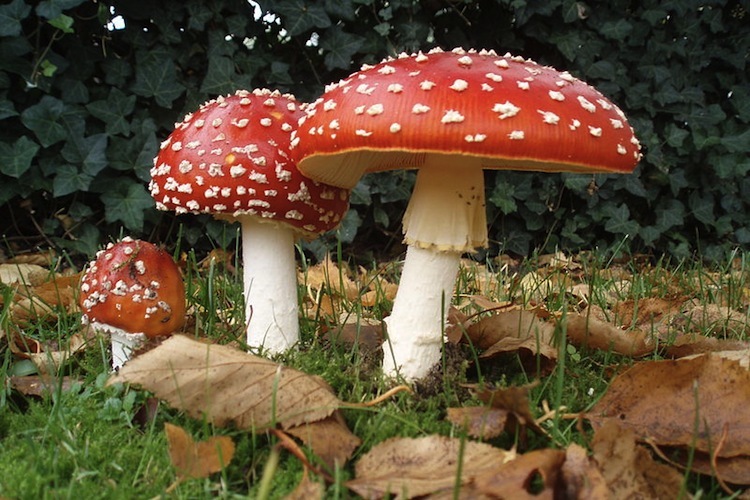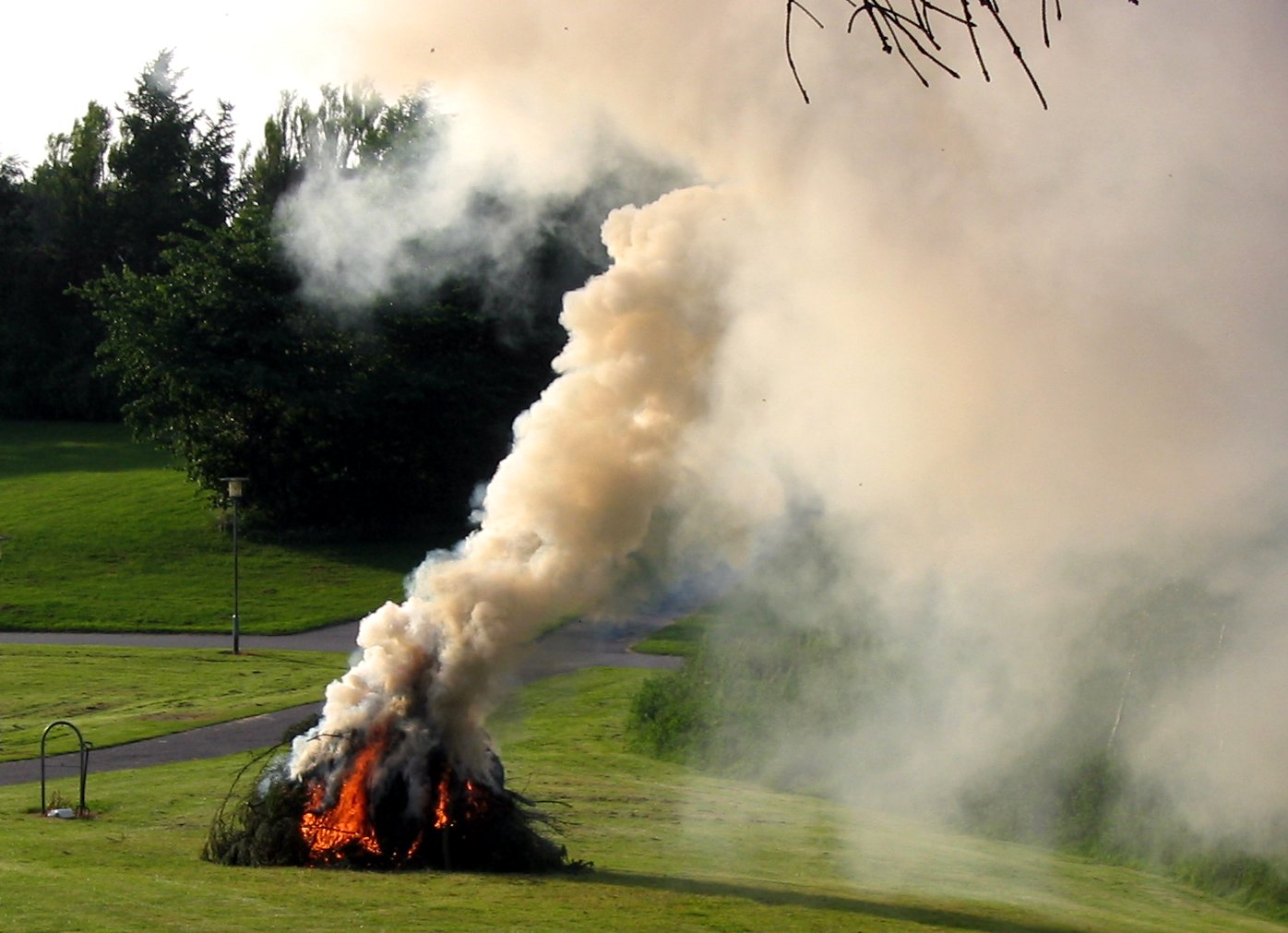|
Laloorinu Parayanullathu
''Laloorinu Parayanullathu'' (What Has Laloor To Say) is an Indian documentary film produced by Joseph Paneagaden and directed by Sathish Kalathil under the banner of Digital Film Makers Forum in Malayalam Language. The documentary narration, narrates about the problems of Municipal Municipal solid waste, Garbage dumping in Laloor, a suburban area in Thrissur Municipal Corporation. The film reveals the history of the waste dumping in Laloor since the period of Sakthan Thampuran who was the ruler of the Kingdom of Cochin and first violence against the Garbage dumping here. Moreover, the documentary brings out a strong view of the suffer and suffering people in Laloor. Many national social activists in India, like Medha Patkar, B. D. Sharma, Dr. Binayak Sen, Sarah Joseph (author), Sarah Joseph, K. Ajitha, K. Venu (Kerala), K. Venu and Laloor Samara Samithi (Laloor Strike Committee) Leader T.K. Vasu were especially participated and interviewed for the documentary. The film released ... [...More Info...] [...Related Items...] OR: [Wikipedia] [Google] [Baidu] |
Sathish Kalathil
Sathish Kalathil is an Indian film and documentary director and producer in Malayalam. He is also story writer, and lyricist. His experimental works are well known and appropriately discussed in Malayalam Cinema industry and his debut movie Jalachhayam (2010) was well discussed according to its experimental approach. His first film was Veenavaadanam (2008), an experimental documentary about art (painting). In 2012, he directed Laloorinu Parayanullathu, a social committed documentary film about municipal solid waste. Personal life Sathish was born to K. P. Sankaran and K. M. Komalam at Sankarayya Road, Poothole P.O in Thrissur district of Kerala, India. He completed his primary education from Namboodiri Vidyalayam UP school and Vivekodayam Boys Higher Secondary School nearby Thrissur town. In teenage, he was a Newspaper agent of Mangalam daily, when it was launched. Years later, he became an auto rickshaw driver. During his movie Jalachhayam, he was a fast food business ma ... [...More Info...] [...Related Items...] OR: [Wikipedia] [Google] [Baidu] |
Kerala Sahitya Akademi
The Kerala Sahitya Akademi or Academy for Malayalam literature is an autonomous body established to promote the Malayalam language and Malayalam literature, literature. It is situated in City of Thrissur, Kerala in India. History The academy was inaugurated on 15 October 1956, by Chithira Thirunal Balarama Varma, the former king of Travancore, in Thiruvananthapuram. It was shifted to its present location at City of Thrissur in September, 1957. Though the Kerala Government provides the funding and support for the academy, the administration of the academy is autonomous according to its constitution. The academy recognises superior literary works through its annual literary awards for Kerala Sahitya Akademi Award for Poetry, Poetry, Kerala Sahitya Akademi Award for Novel, Novel, Kerala Sahitya Akademi Award for Story, Story, Drama, Literary criticism, Biography – autobiography, Travelogue, Humour, Translation, Children's literature etc.. the academy is headed by Malayalam sho ... [...More Info...] [...Related Items...] OR: [Wikipedia] [Google] [Baidu] |
Diseases
A disease is a particular abnormal condition that negatively affects the structure or function of all or part of an organism, and that is not immediately due to any external injury. Diseases are often known to be medical conditions that are associated with specific signs and symptoms. A disease may be caused by external factors such as pathogens or by internal dysfunctions. For example, internal dysfunctions of the immune system can produce a variety of different diseases, including various forms of immunodeficiency, hypersensitivity, allergies and autoimmune disorders. In humans, ''disease'' is often used more broadly to refer to any condition that causes pain, dysfunction, distress, social problems, or death to the person affected, or similar problems for those in contact with the person. In this broader sense, it sometimes includes injuries, disabilities, disorders, syndromes, infections, isolated symptoms, deviant behaviors, and atypical variations of structure and f ... [...More Info...] [...Related Items...] OR: [Wikipedia] [Google] [Baidu] |
Decomposition
Decomposition or rot is the process by which dead organic substances are broken down into simpler organic or inorganic matter such as carbon dioxide, water, simple sugars and mineral salts. The process is a part of the nutrient cycle and is essential for recycling the finite matter that occupies physical space in the biosphere. Bodies of living organisms begin to decompose shortly after death. Animals, such as worms, also help decompose the organic materials. Organisms that do this are known as decomposers or detritivores. Although no two organisms decompose in the same way, they all undergo the same sequential stages of decomposition. The science which studies decomposition is generally referred to as ''taphonomy'' from the Greek word ''taphos'', meaning tomb. Decomposition can also be a gradual process for organisms that have extended periods of dormancy. One can differentiate abiotic decomposition from biotic decomposition (biodegradation). The former means "the degradation ... [...More Info...] [...Related Items...] OR: [Wikipedia] [Google] [Baidu] |
Toxins
A toxin is a naturally occurring organic poison produced by metabolic activities of living cells or organisms. Toxins occur especially as a protein or conjugated protein. The term toxin was first used by organic chemist Ludwig Brieger (1849–1919) and is derived from the word toxic. Toxins can be small molecules, peptides, or proteins that are capable of causing disease on contact with or absorption by body tissues interacting with biological macromolecules such as enzymes or cellular receptors. Toxins vary greatly in their toxicity, ranging from usually minor (such as a bee sting) to potentially fatal even at extremely low doses (such as botulinum toxin). Toxins are largely secondary metabolites, which are organic compounds that are not directly involved in an organism's growth, development, or reproduction, instead often aiding it in matters of defense. Terminology Toxins are often distinguished from other chemical agents strictly based on their biological origin. Les ... [...More Info...] [...Related Items...] OR: [Wikipedia] [Google] [Baidu] |
Decentralized
Decentralization or decentralisation is the process by which the activities of an organization, particularly those regarding planning and decision making, are distributed or delegated away from a central, authoritative location or group. Concepts of decentralization have been applied to group dynamics and management science in private businesses and organizations, political science, law and public administration, economics, money and technology. History The word "''centralisation''" came into use in France in 1794 as the post-Revolution French Directory leadership created a new government structure. The word "''décentralisation''" came into usage in the 1820s. "Centralization" entered written English in the first third of the 1800s; mentions of decentralization also first appear during those years. In the mid-1800s Tocqueville would write that the French Revolution began with "a push towards decentralization... ut became,in the end, an extension of centralization."Vivien A. ... [...More Info...] [...Related Items...] OR: [Wikipedia] [Google] [Baidu] |
Gentry
Gentry (from Old French ''genterie'', from ''gentil'', "high-born, noble") are "well-born, genteel and well-bred people" of high social class, especially in the past. Word similar to gentle [simple and decent] families ''Gentry'', in its widest connotation, refers to people of good social position connected to landed estates (see manorialism), upper levels of the clergy, and "gentle" families of long descent who in some cases never obtained the official right to bear a coat of arms. The gentry largely consisted of landowners who could live entirely from rental income, or at least had a Estate (land), country estate; some were gentleman farmers. In the United Kingdom, the term ''gentry'' refers to the landed gentry: the majority of the land-owning social class who typically had a coat of arms, but did not have a Peerages in the United Kingdom, peerage. The adjective "Patrician (post-Roman Europe), patrician" ("of or like a person of high social rank") describes in comparison other ... [...More Info...] [...Related Items...] OR: [Wikipedia] [Google] [Baidu] |
Ridiculous
To be ridiculous is to be something which is highly incongruous or inferior, sometimes deliberately so to make people laugh or get their attention, and sometimes unintendedly so as to be considered laughable and earn or provoke ridicule and derision. It comes from the 1540s Latin "ridiculosus" meaning "laughable", from "ridiculus" meaning "that which excites laughter", and from "ridere" meaning "to laugh". "Ridiculous" is an adjective describing "the ridiculous". In common usage, "ridiculousness" is used as a synonym for absurdity or nonsense. From a historical and technical viewpoint, "absurdity" is associated with argumentation and reasoning, "nonsense" with semantics and meaning, while "ridiculous" is most associated with laughter, superiority, deformity, and incongruity. ''Reductio ad absurdum'' is a valid method of argument, while '' reductio ad ridiculum'' is invalid. Argument by invective declaration of ridiculous is invalid, while arguments involving declarations of nons ... [...More Info...] [...Related Items...] OR: [Wikipedia] [Google] [Baidu] |
Culprit
A culprit, under English law properly the prisoner at the bar, is one accused of a crime. The term is used, generally, of one guilty of an offence. In origin the word is a combination of two Anglo-French legal words, culpable: guilty, and prit or prest: Old French: ready. On the prisoner at the bar pleading not guilty, the clerk of the crown answered culpable, and states that he was ready ("prest") to join issue. The words "cul. prist" were then entered on the roll, showing that issue had been joined. When French law terms were discontinued, the words were taken as forming one word addressed to the prisoner. The formula "Culprit, how will you be tried?" in answer to a plea of "not guilty," is first found in the trial for murder of the 7th Earl of Pembroke in 1678. Under current criminal law, the preferred term is defendant In court proceedings, a defendant is a person or object who is the party either accused of committing a crime in criminal prosecution or against whom some ... [...More Info...] [...Related Items...] OR: [Wikipedia] [Google] [Baidu] |
Smoke
Smoke is a suspension of airborne particulates and gases emitted when a material undergoes combustion or pyrolysis, together with the quantity of air that is entrained or otherwise mixed into the mass. It is commonly an unwanted by-product of fires (including stoves, candles, internal combustion engines, oil lamps, and fireplaces), but may also be used for pest control ( fumigation), communication ( smoke signals), defensive and offensive capabilities in the military (smoke screen), cooking, or smoking (tobacco, cannabis, etc.). It is used in rituals where incense, sage, or resin is burned to produce a smell for spiritual or magical purposes. It can also be a flavoring agent and preservative. Smoke inhalation is the primary cause of death in victims of indoor fires. The smoke kills by a combination of thermal damage, poisoning and pulmonary irritation caused by carbon monoxide, hydrogen cyanide and other combustion products. Smoke is an aerosol (or mist) of solid particl ... [...More Info...] [...Related Items...] OR: [Wikipedia] [Google] [Baidu] |
Rage (emotion)
Rage (also known as frenzy or fury) is intense, uncontrolled anger that is an increased stage of hostile response to a perceived egregious injury or injustice. Etymology Rage is from c. 1300, meaning "madness, insanity; fit of frenzy; rashness, foolhardiness, intense or violent emotion, anger, wrath; fierceness in battle; violence" (of storms, fire, etc.); from the Old French ''rage'' or ''raige'', meaning "spirit, passion, rage, fury, madness"; from 11th century Medieval Latin ''rabia''; from the Latin ''rabies'', meaning "madness, rage, fury," which is related to the Latin ''rabere'' "be mad, rave." There are many cognates. The Latin rabies, meaning "anger, fury", is akin to the Sanskrit "raag" (violence). The Vulgar Latin spelling of the word possesses many cognates when translated into many of the modern Romance languages, such as Spanish, Galician, Catalan, Portuguese, and modern Italian: ''rabia'', ''rabia'', ''ràbia'', ''raiva'', and ''rabbia'' respectively. Sympto ... [...More Info...] [...Related Items...] OR: [Wikipedia] [Google] [Baidu] |
Suffering
Suffering, or pain in a broad sense, may be an experience of unpleasantness or aversion, possibly associated with the perception of harm or threat of harm in an individual. Suffering is the basic element that makes up the negative valence of affective phenomena. The opposite of suffering is pleasure or happiness. Suffering is often categorized as physical or mental. It may come in all degrees of intensity, from mild to intolerable. Factors of duration and frequency of occurrence usually compound that of intensity. Attitudes toward suffering may vary widely, in the sufferer or other people, according to how much it is regarded as avoidable or unavoidable, useful or useless, deserved or undeserved. Suffering occurs in the lives of sentient beings in numerous manners, often dramatically. As a result, many fields of human activity are concerned with some aspects of suffering. These aspects may include the nature of suffering, its processes, its origin and causes, its meaning and s ... [...More Info...] [...Related Items...] OR: [Wikipedia] [Google] [Baidu] |









